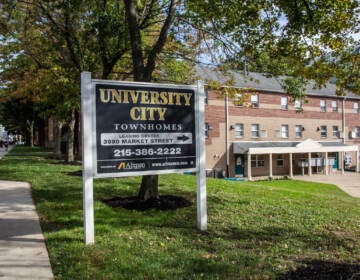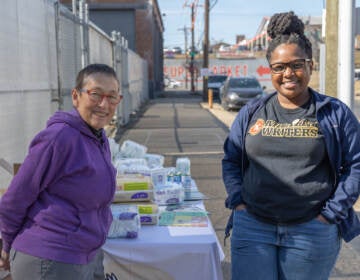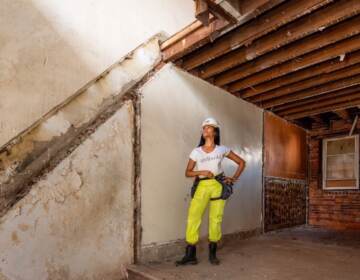‘We stand very strong’: Community sharing helps African businesses in Philly stay afloat during COVID-19
Mutual aid ‘susus’ have been used by Southwest Philadelphia’s African community for years, but the financial-sharing practice has new importance during the pandemic.
Listen 4:41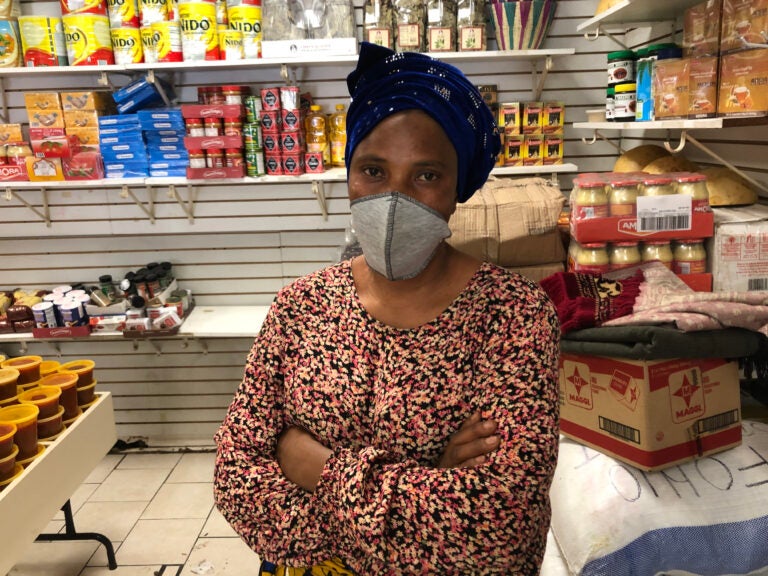
Korkor Kamara, owner of Kamara African foods on Woodland Avenue in Southwest Philadelphia. (Miles Bryan/WHYY)
These days, Kamara African Foods, in the heart of Southwest Philadelphia’s bustling African immigrant community, is piled high with bags of rice, dried fish, and boxes of plantain and cassava flour to make the staple dish fufu.
In March, the shelves were bare, as the pandemic kept the Woodland Avenue shop’s customers away.
Owner Korkor Kamara said that meant she couldn’t afford to import more perishable goods from Africa — something she feared would hurt her business permanently.
“I couldn’t pay the bill,” said Kamara, a 37-year-old who immigrated to Philadelphia from Liberia in 2003. “I didn’t know what to do.”
Kamara, like many immigrant business owners, does not have a strong relationship with a bank, and hesitated to apply for the grants or loans designed to help businesses survive the pandemic.
What she did have was a place in a “susu”: a kind of informal loan club popular in Philadelphia’s African business community. The concept is practiced worldwide under a variety of names.
For years, Kamara and a few dozen other business owners in the area have contributed $1,000 every month to a pool, the sum of which is paid out to one member. The money allows that member to make major purchases without having to take out a loan from a bank.
Normally, those payouts rotate between members on a set schedule. But when the pandemic hit, the club decided to prioritize its struggling business owners. In April, Kamara got a payout — known as a “hand” — of about $24,000. She used the money to pay down debt and order a new shipment of goods from Africa.
“I felt happy, I felt relief,” Kamara said. “If anybody said, ‘Do you have fufu?’ I can say ‘Yes.’”
While susu has been practiced by members of Southwest Philadelphia’s African community for years, business owners and community advocates say this system of mutual aid has taken on new importance during the pandemic. It has prevented many businesses from closing for good, they say, and helped others rebound swiftly.
“We find it very innovative to see businesses coming together and trusting each other,” said Musa Trawally, project manager of the African Cultural Alliance of North America, a community development corporation that serves Philly immigrants and refugees.
‘We stand very strong’
On a recent weekday afternoon, the stretch of Woodland Avenue from 64th Street to 70th was humming with activity.
The sidewalks were crowded with people chatting while dining outside, shopping for clothes, or loading up their cars with groceries.
The bustling scene brought a smile to the face of Musa Barry, president of the Woodland Avenue Business Association.
Every one of the roughly twenty African-owned businesses on this strip was open, he said. Barry, 47, attributed that largely to the fact that almost all were in susus that had mobilized to financially support their weakest members during the pandemic.

“If they are not in my susu, they are in somebody’s susu,” said Barry, who also owns a grocer and a clothing store on Woodland. “We stand very strong.”
The informal loan clubs have been all the more important because, Barry said, many of those businesses had not received shutdown grants or loans provided by traditional financial institutions. Businesses owned by people of color and immigrants are more likely than their white counterparts to be denied loans, and some struggle to stay compliant with licenses and taxes — often a requirement to obtain financial aid.
Nafisa Sillah has long been skeptical of traditional banks. She used money raised from her susu to open her Chester Avenue Liberian restaurant, Nafisa’s Kitchen, in 2017.
“If I go to the bank right now with everything I have, they will give me the runaround. They will talk about how the credit has to be perfect,” said Sillah, 53.
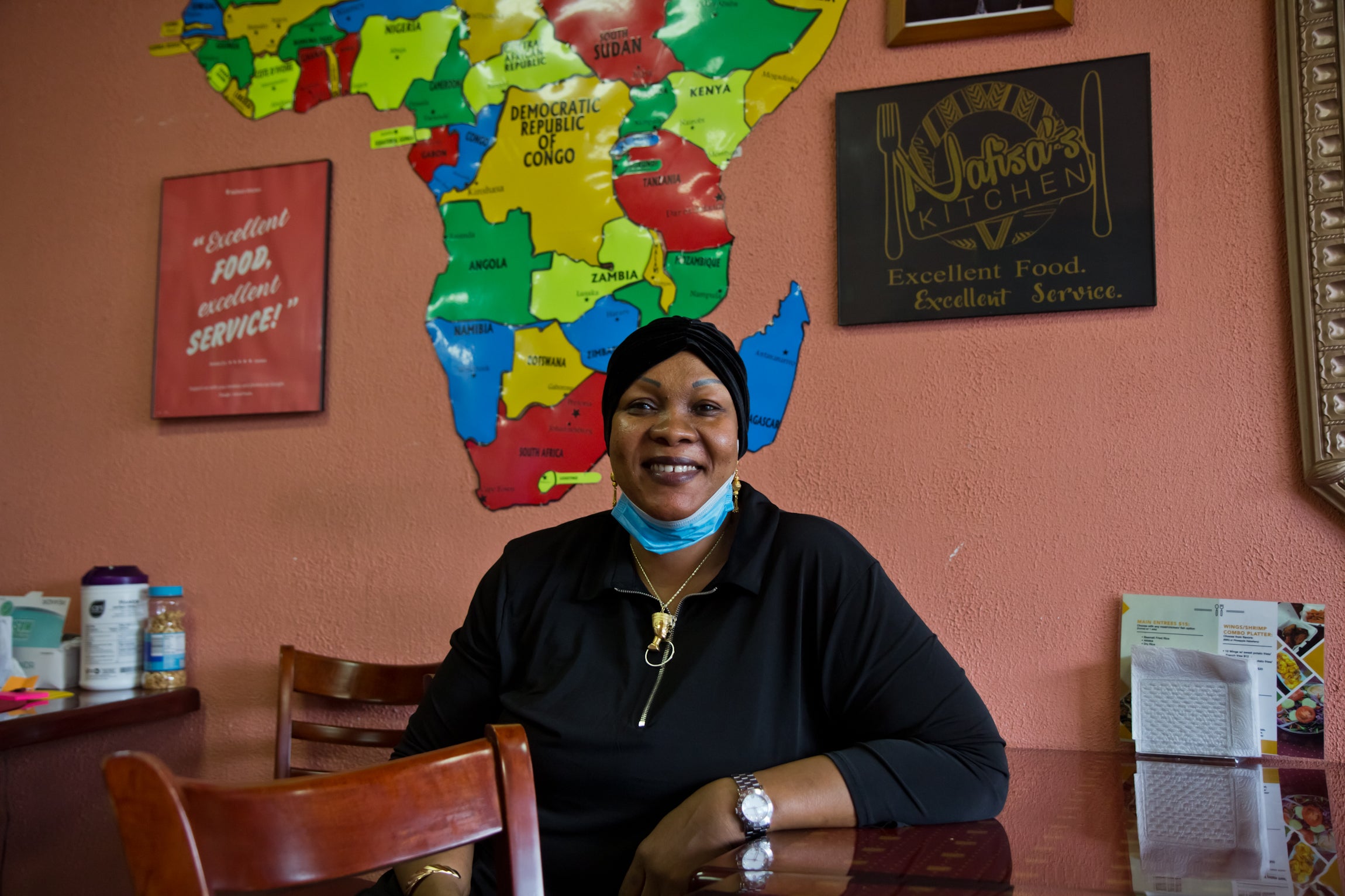
Another major difference between this mutual aid system and traditional grants or loans: susus are not legally binding. The system is fragile, depending entirely on trust.
Barry knows personally what this sort of community faith can mean in terms of a chance to find success. He came to the United States from Liberia in 2003, seeking political asylum, and found himself bouncing between low-paying jobs at a car wash and on the boardwalk in Atlantic City.
His fortunes began to change when a friend loaned him $40,000 to start his business.
“[The friend said,] “I know you, I trust you, so take this money and invest,’” Barry said.
It’s a memory he’s kept in mind when, over the last few months, a few community members have struggled to make their susu payments because of business woes, and, in one case, because the member died from coronavirus.
But the obligations of the susu are taken extremely seriously. Barry said those that fell behind are now catching up, and the family of the member who died is paying off his debt in installments.
“We know ourselves, we Africans,” Barry said. “We know who is trustworthy.”
While this kind of trust may be possible in a tight-knit neighborhood community, calls on social media to join a susu should be met with caution.
According to the Washington Post, scammers have been targeting Black communities in Maryland with solicitations for susus that are actually just a pyramid scheme, promising a huge return if you can just recruit a few more people.
Federal Trade Commission Assistant Director Karen Hobbs also warned about an uptick in scams related to susus.
“[In a real susu,] you don’t earn interest, never get out more than you paid in, and there’s no reward for recruiting people to join,” she wrote in an August blog post. “These kinds of illegal pyramid schemes are the exact opposite … they promise you’ll make more money than you put in and depend on recruiting new people to keep money flowing into the fund.”
Correction: This story has been updated to correct the spelling of Korkor Kamara’s last name.
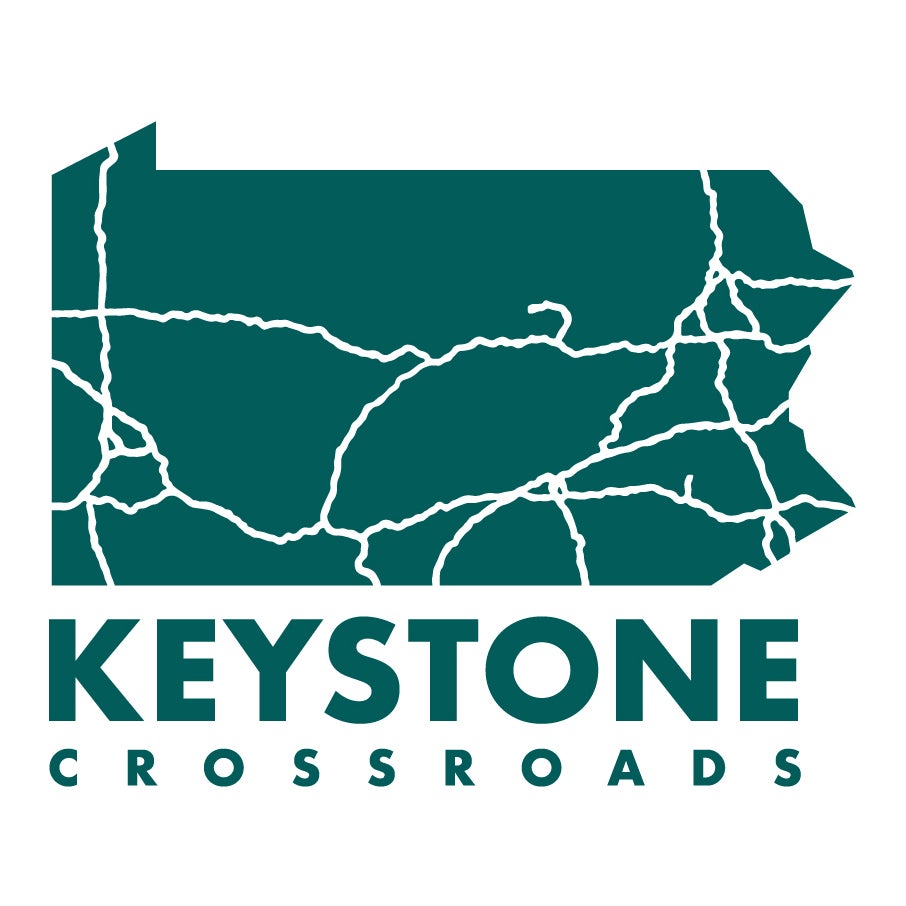
Get more Pennsylvania stories that matter
Connecting susu to the financial system
In Philadelphia, one financial institution has actually formalized susu to reduce the possibility of fraud or scams, as well as bring people into the banking system.
The North Philadelphia-based community development financial institution FINANTA launched its ‘Affinity Group Lending Program’ in 2011. The program, modeled explicitly after susu and similar lending circles, provides loans to collectives of up to fifteen entrepreneurs, with the group being collectively responsible for paying each loan back. The program also provides business workshops and technical assistance.
“This is an opportunity for them to build credit,” said Page Huey, microlending officer for FINANTA. “If they were in a traditional susu with people from their community, it’s not bad, but they are not building credit … and not having an opportunity to access larger amounts of capital down the road.”
Ismael Donzo has been involved in the Affinity Group Lending program since it began.
The 42-year-old owns the Four Season Coffee and Donut Shop on Woodland Avenue. When the pandemic hit, Donzo was visiting his native Liberia. He was unable to return to the United States until July, forced to hear about his cafe’s struggles second-hand from employees and relatives.

“Business was very low,” Donzo said. “The city stopped people from sitting [inside], so none of that.”
Donzo had been a member of a traditional susu previously, but, concerned about his ability to pay, he stopped his involvement during the spring.
Luckily, his membership with FINANTA had left him prepared with the necessary documents to apply for, and receive, $5,000 in shutdown aid.
Lately, business has picked up. Donzo plans to continue to work with FINANTA and rejoin a susu.
“If business is going good, I will do both,” Donzo said.
 WHYY is one of over 20 news organizations producing Broke in Philly, a collaborative reporting project on solutions to poverty and the city’s push towards economic justice. Follow us at @BrokeInPhilly.
WHYY is one of over 20 news organizations producing Broke in Philly, a collaborative reporting project on solutions to poverty and the city’s push towards economic justice. Follow us at @BrokeInPhilly.
WHYY is your source for fact-based, in-depth journalism and information. As a nonprofit organization, we rely on financial support from readers like you. Please give today.




![CoronavirusPandemic_1024x512[1]](https://whyy.org/wp-content/uploads/2020/03/CoronavirusPandemic_1024x5121-300x150.jpg)
